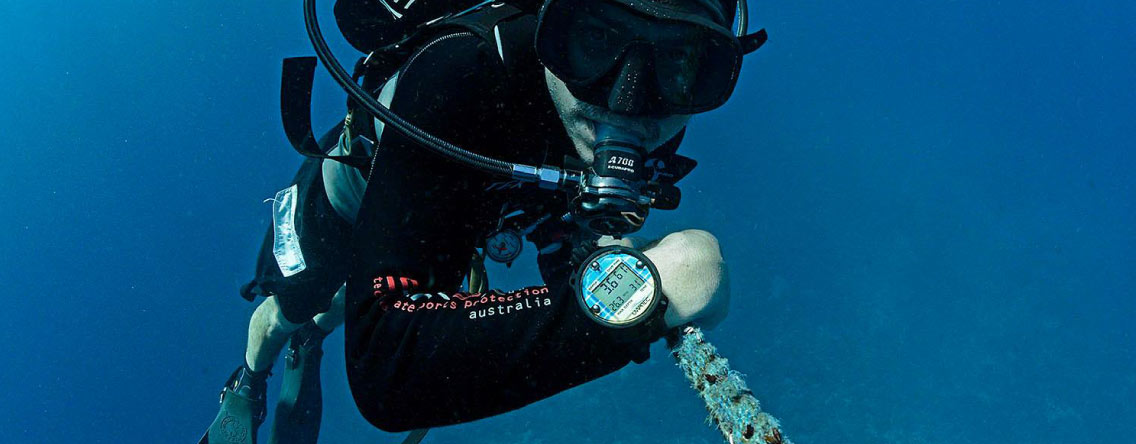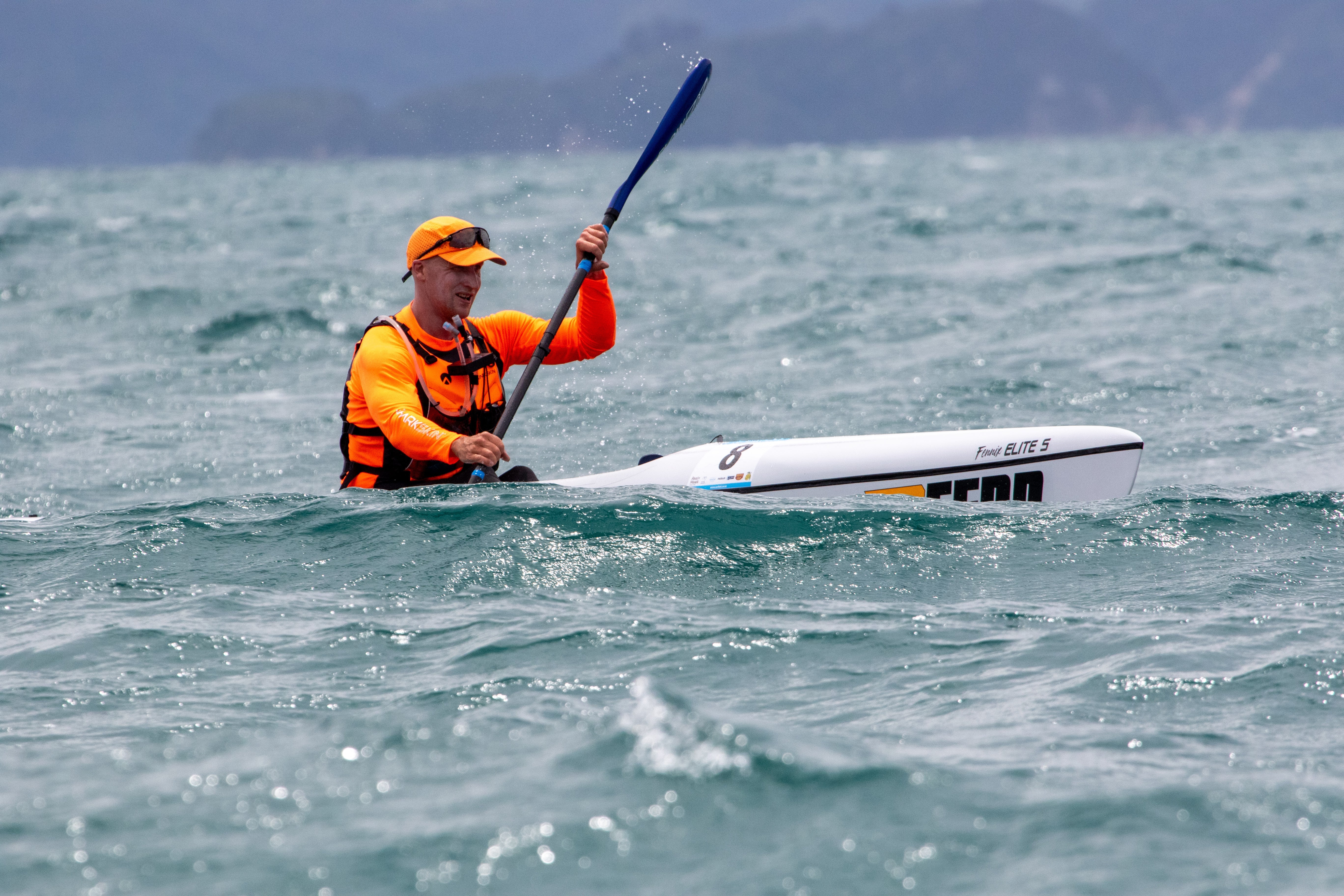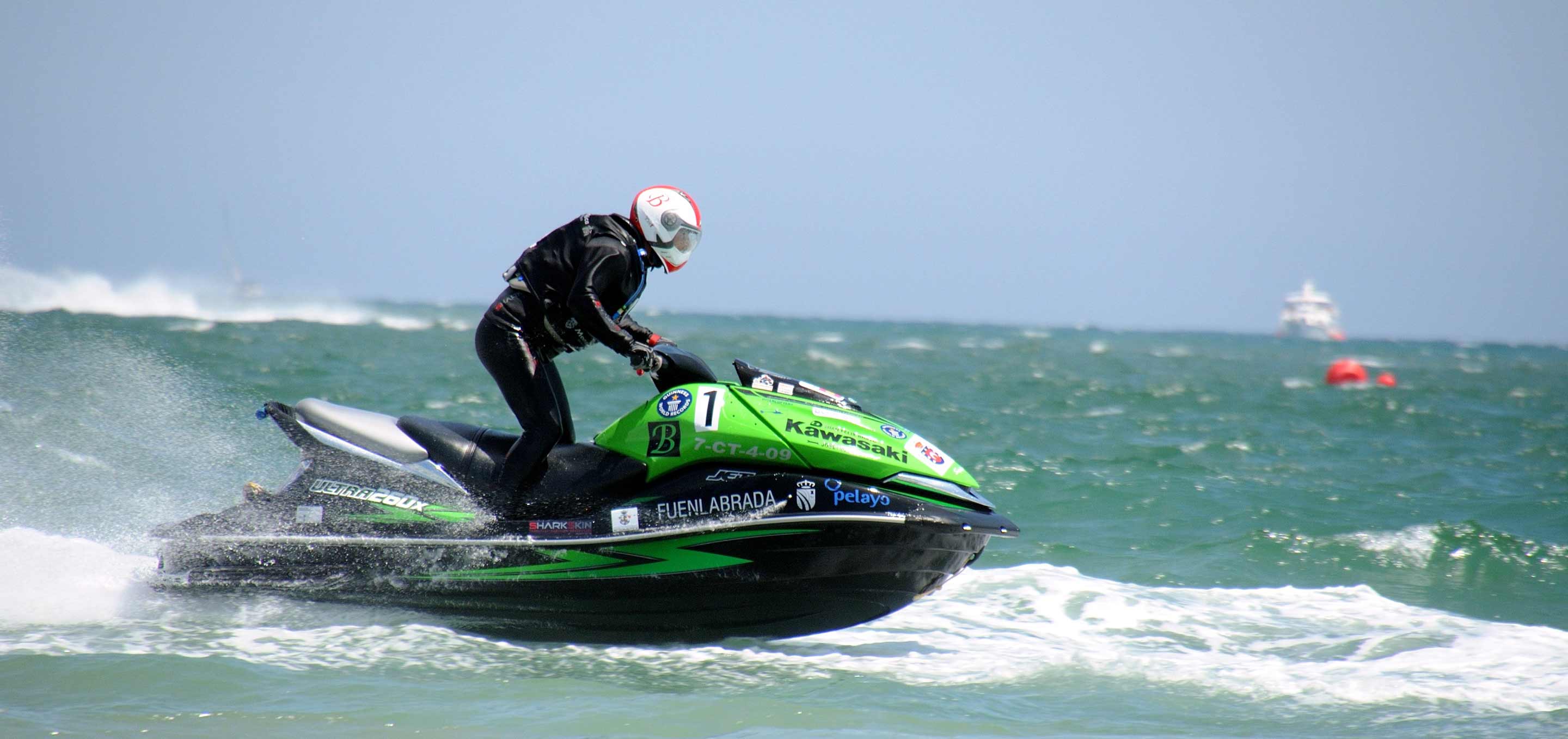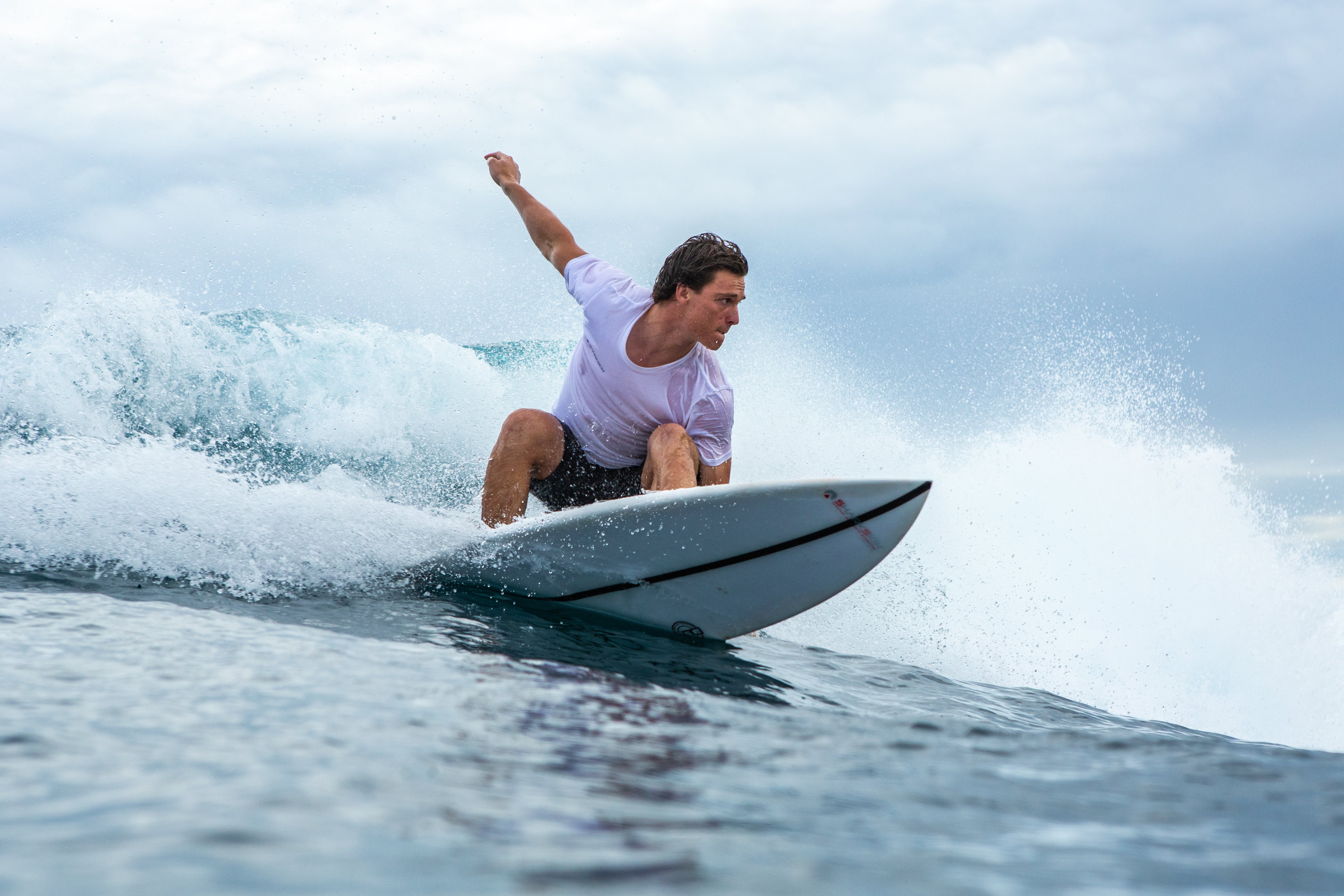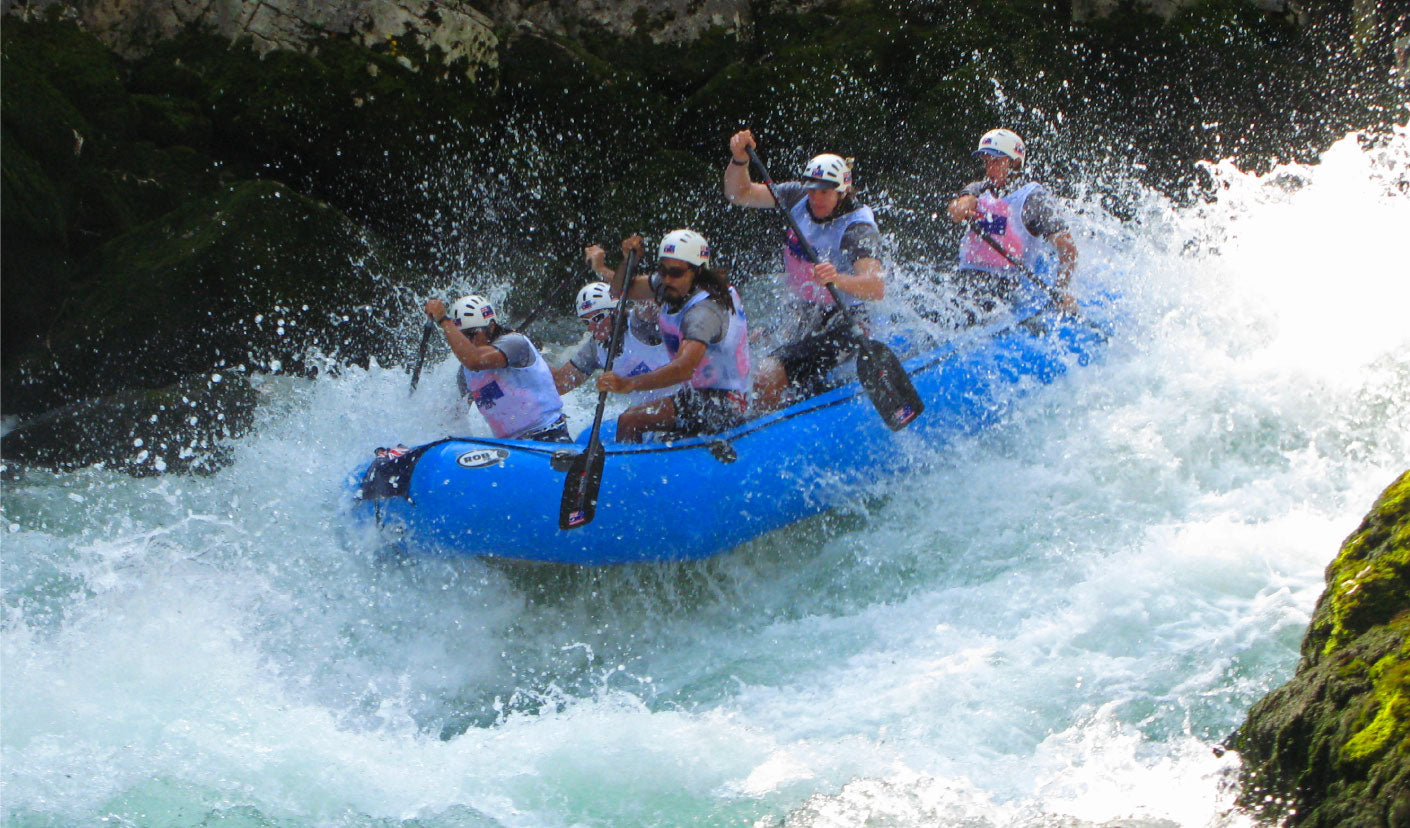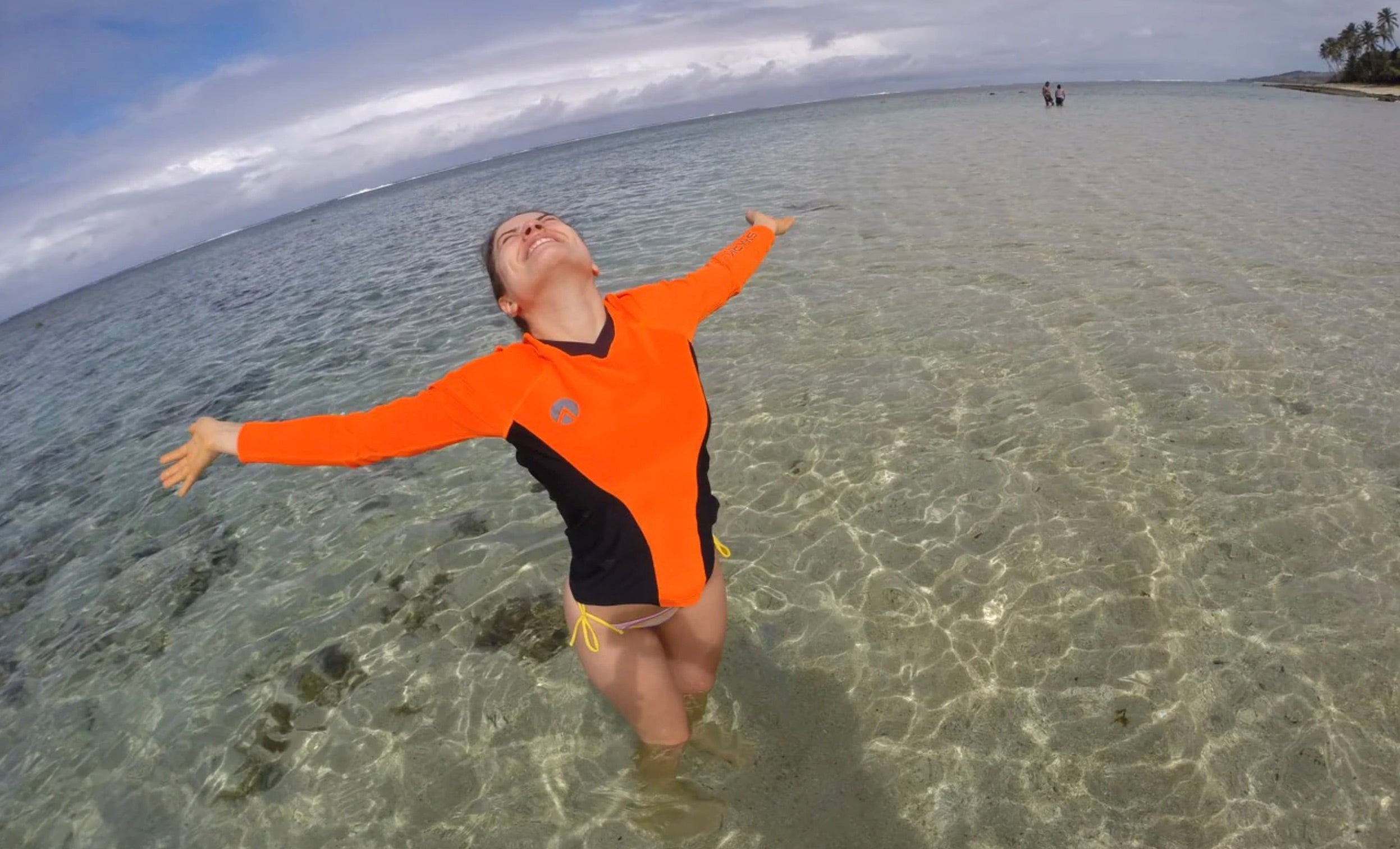Water Sports and Wildlife: Respecting Nature While Riding the Waves

The rise in the popularity of water sports has brought an increased focus on aquatic activities, attracting thrill-seekers to water-based recreation. It's important to balance this enthusiasm with the need for wildlife conservation, ensuring that our enjoyment doesn't come at the cost of nature's wellbeing.
The Impact of Water Sports on Wildlife
Water sports can unintentionally disturb or harm aquatic wildlife and ecosystems. Examples include the disruption of habitats and the potential stress or injury to species like nesting birds, sea turtles, and marine mammals, raising conservation concerns.
Understanding Wildlife Behavior and Habitats
It's essential to educate water sports participants about wildlife behaviour and habitats, promoting habitat preservation and conservation. Recognising signs of distress in wildlife allows enthusiasts to engage in activities without causing unnecessary stress or harm to animals.
Responsible Water Sports Practices
Adopting responsible water sports practices can significantly minimise environmental impact. This includes following guidelines for sustainable water sports, using eco-friendly equipment, and engaging in low-impact activities to practice environmental stewardship.
The Role of Education and Awareness
Education is critical to wildlife conservation. Awareness campaigns and disseminating knowledge can shift behaviours towards more sustainable practices. Organisations and initiatives that promote responsible water sports play a pivotal role in this educational effort.
Benefits of Coexisting with Wildlife
Responsible practices in water sports are not only ethical but also contribute to wildlife preservation and biodiversity conservation. Sharing stories of successful conservation efforts highlights the positive impacts of these practices and encourages community involvement.
Ethical Considerations in Water Sports
Water sports enthusiasts have an ethical responsibility to consider the impact of their activities on wildlife. Ethical considerations should guide the behaviour of individuals, with guidelines available to help make responsible and conservation-minded choices.
How You Can Make a Difference
Individuals are encouraged to take action and get involved in wildlife conservation. This can be done by participating in local conservation efforts, volunteering with organisations, and actively engaging in community efforts to support wildlife.
The enjoyment of water sports should be balanced with respect for wildlife. By encouraging sustainable and wildlife-friendly practices, we can ensure that our recreational activities do not compromise the integrity of natural habitats, paving the way for future generations to enjoy both sports and wildlife.




